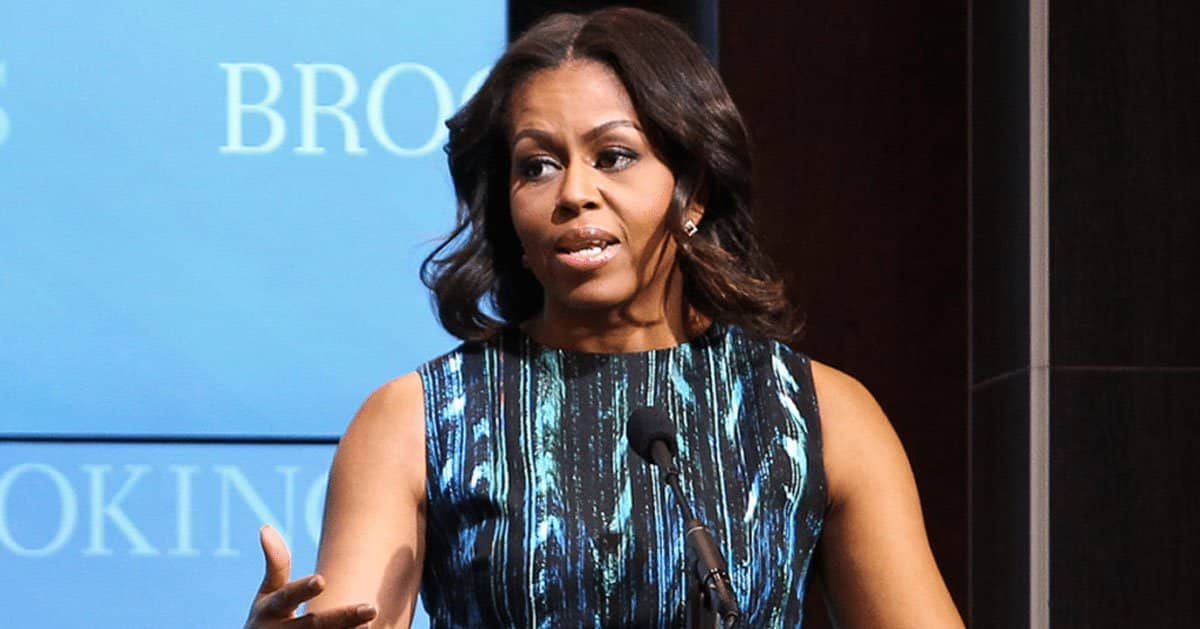







A Florida courtroom buzzed with tension as jury selection kicked off for Ryan Routh’s federal trial. The man accused of plotting to kill President Donald Trump faces a legal showdown that could lock him up for life.
In September 2024, Routh allegedly schemed to assassinate Trump at his West Palm Beach golf club, with the trial now unfolding in Fort Pierce, Florida, starting Monday.
Fox News reported that prosecutors from the U.S. Attorney’s Office for the Southern District of Florida are pushing hard, charging Routh with attempted assassination, assaulting a federal officer, and gun violations. Opening statements are slated for September 11, with the trial expected to wrap by September 25.
Routh’s alleged plan was no spur-of-the-moment act. He reportedly camped near Trump’s golf course for 12 hours, rifle in hand, after weeks of planning.
A Secret Service agent’s quick response—spotting the weapon and firing—forced Routh to flee, leaving his gun behind.
Prosecutors paint a chilling picture of Routh’s intentions. They claim he tried to secure anti-aircraft weapons and even hired someone to track Trump’s flights in August 2024. This wasn’t just a lone wolf with a grudge; it was a calculated move, they argue, to disrupt the nation.
Routh’s arrest in September 2024 came after a dramatic encounter. When confronted by the Secret Service, he allegedly aimed his rifle at an agent, who fired back, prompting Routh to bolt. Evidence like a letter titled “Dear World,” expressing regret for failing to kill Trump, bolsters the prosecution’s case.
The charges are no small matter. Attempted assassination of a major presidential candidate, gun crimes, and assaulting a federal officer could mean life behind bars.
Routh’s plea of not guilty to both federal and state charges, including terrorism, sets the stage for a fierce courtroom battle.
Jury selection, expected to wrap by September 10, pulls from voter rolls and driver’s license records across the Southern District of Florida.
Both Routh, acting as his own attorney, and prosecutors get to grill prospective jurors under oath to ensure impartiality. It’s a process fraught with challenges, given the case’s high profile and political heat.
Routh’s decision to represent himself raises eyebrows. U.S. District Judge Aileen Cannon, a Trump appointee, approved his request, though court-appointed lawyers stand by in case he falters. Critics of progressive judicial activism might see this as a defendant’s right to self-determination, but it’s a risky move in a case this serious.
Judge Cannon’s role has sparked debate. Federal public defenders pushed for her recusal, citing her prior handling of Trump’s classified documents case, but she stayed put after a random assignment. The left’s obsession with judicial purity here smells like selective outrage, yet Cannon’s impartiality will be tested.
The prosecution’s evidence is damning. Beyond the rifle and the “Dear World” letter, Routh faces charges for possessing a firearm with an obliterated serial number and other gun violations. These details suggest a man who thought he could outsmart the system—and nearly did.
Routh’s alleged 12-hour stakeout near Trump’s golf course shows premeditation. He wasn’t just passing through; he was lying in wait, prosecutors say.
The image of a would-be assassin lurking near a former president’s property is a grim reminder of how far political hatred can go.
The Secret Service’s swift action likely saved lives. When Routh allegedly pointed his weapon, the agent’s gunfire sent him running, leaving behind critical evidence. It’s a testament to law enforcement’s vigilance, though some might argue it exposes gaps in protecting high-profile figures.
A unanimous verdict is required for conviction, a high bar in a case dripping with political undertones. Jurors, questioned for bias during voir dire, face pressure to set aside personal views in a nation divided by ideology. The process underscores the challenge of finding neutrality in a hyper-partisan age.
Routh’s not guilty plea to state terrorism charges adds another layer. While Trump isn’t a defendant, his presence looms large, fueling narratives of victimhood or conspiracy depending on one’s leanings. Yet, the focus must stay on the facts, not the cultural circus.



